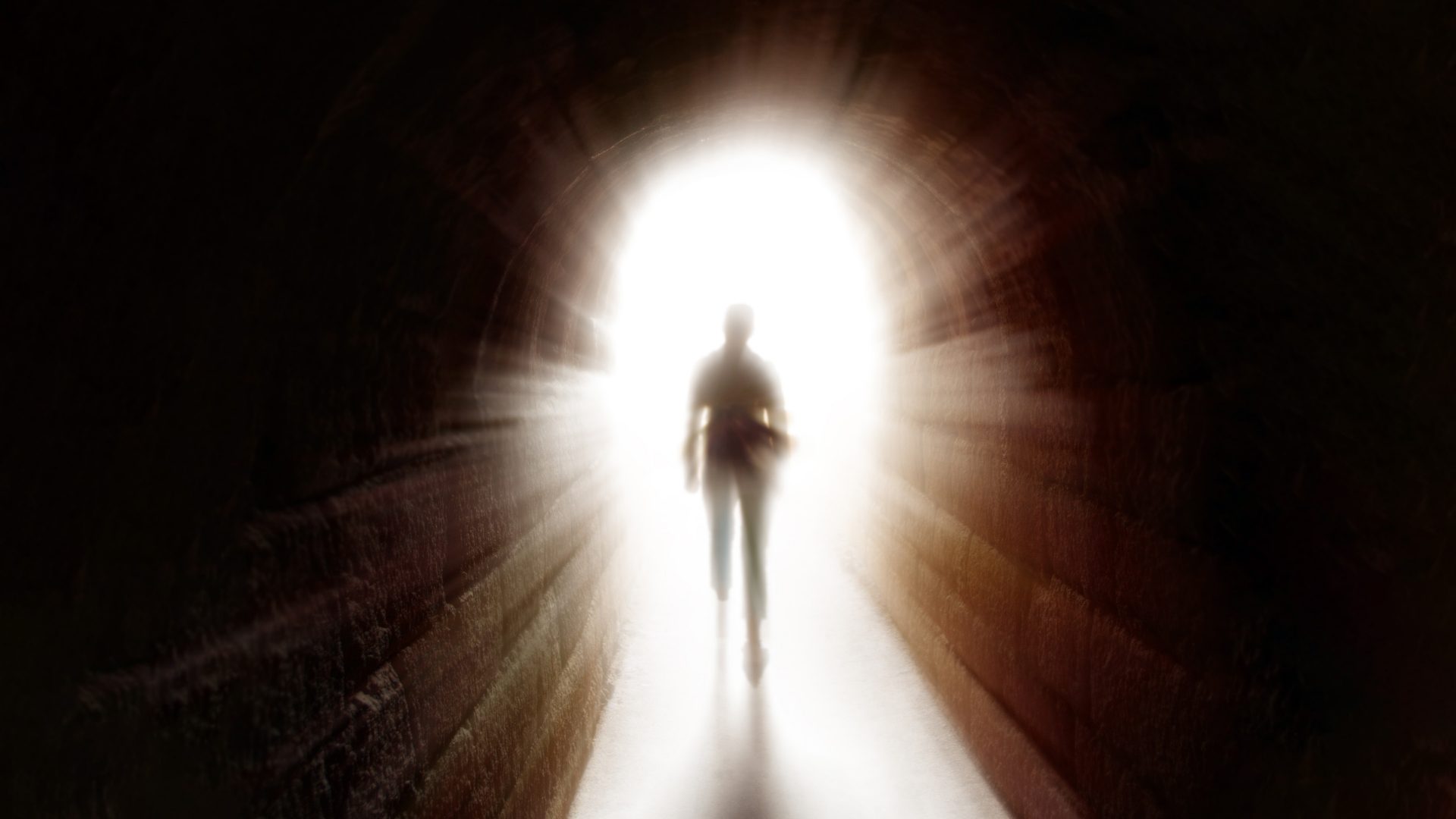Very few scientists get an obituary in the New York Times. The neuropsychiatrist Peter Fenwick is an exception. He died in November 2024, so by now he’ll know whether his most controversial hypothesis, that the mind can survive bodily death, is true or not. Well, if it isn’t true, he won’t know anything; but if it is, he will.
Fenwick made his name because of his research into near death experiences (NDEs). He gathered accounts from more than 300 people who had almost died after an accident or an apparently fatal illness.
They shared common features. Most involved seeing a bright light, and half of them a sense of travelling towards it, some through a tunnel. There were often encounters with dead relatives, and then, for a significant number, a decision to return to life that brought them back to consciousness.
In 1988, the philosopher AJ Ayer, who in his book Language, Truth, and Logic had argued that talk about religion was mostly literally meaningless since it could be neither true nor false, had an NDE. He was in hospital recovering from pneumonia, but choked on a piece of smoked salmon that a friend had brought him. His heart stopped for four minutes – for this time he was technically dead.
Medics revived him, and he soon recovered and began to recount what he had experienced. Like many who have come back from the brink, he had interesting memories.
He had seen a bright red light, so bright that it was painful even when he turned away. He sensed this light was responsible for the government of the universe.
Two creatures were among its ministers, and they were charged with inspecting space. They had recently carried out an inspection but hadn’t carried out their work well: as a result, space was slightly out of joint, like a badly fitting jigsaw.
Ayer tried to contact these ministers but failed. He became increasingly desperate. When he came round, he talked about crossing a river, perhaps the Styx.
Did these experiences lead Ayer to a radical change of outlook? Was he converted to religion? Certainly not. The sceptical philosopher, an admirer of David Hume, followed his hero’s wise practice of proportioning belief to the evidence and not drawing a stronger conclusion than was warranted by it. In this case there wasn’t enough evidence to convert to religion. That’s because, even if the mind could survive death, it wouldn’t follow that God exists.
As Ayer pointed out, two prominent Cambridge philosophers who believed in the possibility of disembodied life after death, JE McTaggart and CD Broad, were atheists without any inconsistency.
And what of the idea that the mind might be separable from the body, the belief that Descartes is famous for? Ayer’s hypothesis was that although his body was ostensibly dead, his brain must have continued working for some of that for him to have had these experiences. Another hypothesis he didn’t consider was that his experiences occurred prior to his heart stopping, or even that they could have happened at the point where he was coming back to consciousness.
Ayer’s initial conclusion was this: “My recent experiences have slightly weakened my conviction that my genuine death, which is due fairly soon, will be the end of me, though I continue to hope that it will be. They have not weakened my conviction that there is no god.”
He later modified this in a postscript: “What I should have said and would have said, had I not been anxious to appear undogmatic, is that my experiences have weakened, not my belief that there is no life after death, but my inflexible attitude towards that belief.”
What he meant was that he now thought it could be worthwhile exploring some views about the possibility of an afterlife, but that he didn’t want to imply that his experiences in any way increased the low probability of one of them turning out to be true.
Fenwick and many less sceptical readers of his work thought that there was significance in the similarities between reports of NDEs found across different cultures. These patterns might imply there really was a tunnel, a light, an afterlife awaiting us.
Far more likely, though, is that they are due to our common underlying physiology, and the well-documented hallucinatory effects of oxygen deprivation on the brain. Many people are highly motivated to believe that they will survive death, but NDEs are very far from conclusive evidence of that. Sorry to break that news.



